Why Invest In Property?
Now is the perfect time to invest in property in the UK. With property prices in many cities still low, property portfolios are a great way to diversify and begin capitalising on the property market for 2024. Choosing the right area for property investing brings a wealth of opportunities, which depend on personal preference, budget and expectations.
Whether you're looking for rental investment or want to resell for large profits, there's something out there for everyone. No matter what approach you take, it always pays to research relevant property markets thoroughly before committing financially.
Investing in property is an excellent idea and with some help from knowledgeable professionals, it can help you start building your financial future in 2024.
Take A Look At Your Finance Options
2024 presents a variety of financial options for investing in property, ranging from traditional methods to more innovative and flexible ways. For those who choose to use more traditional financial products such as a mortgage, it is always advisable to seek financial advice from professional mortgage brokers who can help you find the most suitable mortgage deal relative to your financial situation.
However, it is important not to forget about the upfront costs associated with securing a mortgage, such as a solicitor and surveyor fees, stamp duty and surveys. With some financial planning and clever budgeting it is still possible to invest in property during 2024 - even if you have a limited budget!
Understanding The Risks Involved
Renovating properties has its risks that must be taken into consideration by investors. The purchase price of a property will often reflect the condition and it is important for investors to accurately assess the cost of renovations before purchase.
This estimate should include labour costs, materials, energy savings and management fees associated with renovating a property. Depending on how much capital growth an investor is expecting from their renovated property, these costs can quickly add up to more than expected.
Investors need to have a thorough understanding of their investment portfolio when looking to purchase renovations and be aware of potential pitfalls before they purchase new property.
Investing in buy-to-let property is a popular type of investment for many property investors, but there are certain risks that should be taken into account before taking the plunge. When investing in this type of property, it's important to consider the condition of the building and its location. Unforeseen costs to restore or repair a property can really hit a buy-to-let investor hard, both financially and emotionally.
It's also important to factor in potential issues such as tenant turnover and rental voids when calculating how profitable an investment will be. Furthermore, if renting out buy-to-let properties, you'll need to weigh up the pros and cons of managing rental finances yourself versus hiring an agent to help you handle tenant relations. Overall, investing in buy-to-let properties has its advantages but also comes with inherent financial risks that must be carefully considered before making any commitments.
Research Various Options For Property Investment
2024 presents a variety of financial options for investing in property, ranging from traditional methods to more innovative and flexible ways. For those who choose to use more traditional financial products such as a mortgage, it is always advisable to seek financial advice from professional mortgage brokers who can help you find the most suitable mortgage deal relative to your financial situation.
However, it is important not to forget about the upfront costs associated with securing a mortgage, such as solicitor and surveyor fees, stamp duty and surveys. With some financial planning and clever budgeting it is still possible to invest in property during 2024 - even if you have a limited budget!
Property Development
One popular route is buying properties at auction and refurbishing them or subdividing them into smaller units in order to increase their value. But remember: auctions require quick action - funds must be available immediately in order for the sale to go through. Luckily, bridging loans offer a speedy solution when it comes to financing; although they tend to be more costly than other forms of finance, refinancing after purchase can reduce costs significantly down the line.It is crucial to negotiate the purchase price when buying an investment property to gain the maximum return on your investment. If you are looking to refurbish a property and re-sell it once the works have been completed, buying it for the lowest price possible will help to ensure that you make a profit on the investment.
There can also be a lot of hidden costs involved with buying an investment property. Carry out surveys on the property before you complete the purchase to help to make sure you know exactly what you are investing in, and it helps to eliminate any nasty surprises!
Investing In Buy-To-Let
Are you considering investing in property and becoming a landlord?
Getting your finances organised is the first step - speak to both a financial adviser and mortgage broker so that when you find your ideal investment, you’re ready to go. Generally, you will need a minimum of 25% deposit to buy a rental property. This will need to be factored in, along with other costs such as stamp duty, mortgage fees, solicitors costs and survey fees.
Then comes finding tenants; an agency could provide hassle-free assistance or if preferred, look around privately for suitable candidates. In addition, insurance should be taken out during this stage: buildings as well as policies protecting against possible injury to renters, accidental damage etc.
Owning a buy-to-let property will provide you with a steady stream of rental income, and it can be low maintenance if you use a letting agent or an estate agent to manage the property. However, be aware that you will need to account for periods of time that the property is left empty and upkeep costs.
If you are borrowing money, the lender will also want to ensure that the investment is a viable one. Do your market research and check the supply and demand for the area, along with the projected rental income measured against what the mortgage payments will be on the property.
Then there is the decision of whether to invest in commercial properties or if you would rather buy a residential property instead. Buying a residential property is usually the preferred choice for new landlords, as it is an area they are more familiar with. After all, most people are aware of the costs involved in running a home.
However, don't overlook buying a commercial property, you can ask for a longer tenancy, larger deposits and the tenant to cover upkeep costs. Depending on the area and type of property, it can be a very lucrative investment.
Investing In Property Overseas
For investors looking for potential profits from overseas, UK property may not be the only option. Buying a holiday home in another country can offer multiple benefits - you have a getaway of your own to enjoy while simultaneously providing an income stream by renting it out on platforms such as Airbnb. And should fortunate market conditions arise, selling could result in netting even more profit than when originally purchased!
Some things to consider when buying a property overseas are:
- How long will it take to travel there?
- Is it close to transport links and the airport?
- Are the local amenities good? Think about what shops, restaurants and bars there are in the area.
- What type of rental will this be?
- Is this a popular location with holidaymakers?
- How long is the tourist season? Consider how long the property will be sitting empty for.
It is worth seeking professional advice before purchasing abroad if you are not familiar with the area and market there. But, if you love to holiday in that region yourself, it could be a good way to make extra income from the property if you're not using the property yourself at that time.
Steps To Better Investing
Now you have a clear idea of what type of area you might like to invest in, it's time to think about how to become a better investor. This will help to eliminate many of the risks that come with property investment, and will help to protect you and your finances.
Research The Market

Before investing in a new area, it's important to do some research. Analyse the local job market and population profile. Understand which employers are present locally, as well as how available rental space is by industry classification for commercial properties - this will help you understand the strength of potential returns on your investment when comparing rental income with yields calculated from any necessary mortgages.
If you are renovating a property, take a look at the demand in that area and what the average house price is for that type of home in that area. Then, take into account the fees and costs involved and the timescale that it will take you to complete the work. After these calculations, will the investment still be worth it? If yes, arrange a viewing, but if the answer is no you may want to continue looking or consider it as a rental property instead.
Negotiate The Lowest Price
Have you ever heard the saying, "you make money when you buy, not when you sell"? Well, it's true.
This saying applies to investors who are financially savvy and take property values into account while formulating a property investment strategy. By buying property at a good price and carefully managing its value, property owners can expect to generate a healthy return when they eventually resell the property.
It is important to remember that the purchase price is the main factor that influences profit later on, so it is crucial to know what you're doing before taking the plunge into property development.
It is also the one thing that you can control now. Yes, property prices may have risen by the time you come to sell and the property market is looking strong, but that could easily not be the case and you have to prepare for that.
Exit Strategy
Property investing can be a great way to increase your wealth, but it always pays to have an exit strategy in mind. Should you find yourself needing liquidity or wanting to diversify investments, options could include selling the property on the market or at auction (with capital gains tax likely applicable), refinancing across all of your holdings, or some combination thereof.
Planning is key for any successful property investment!


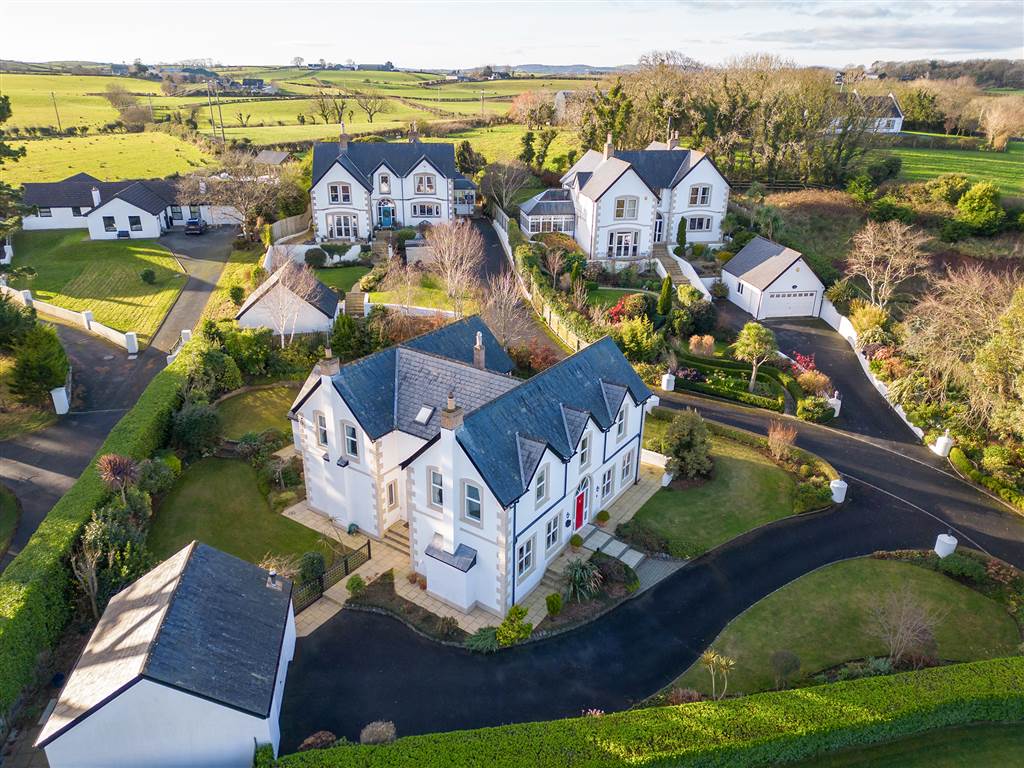
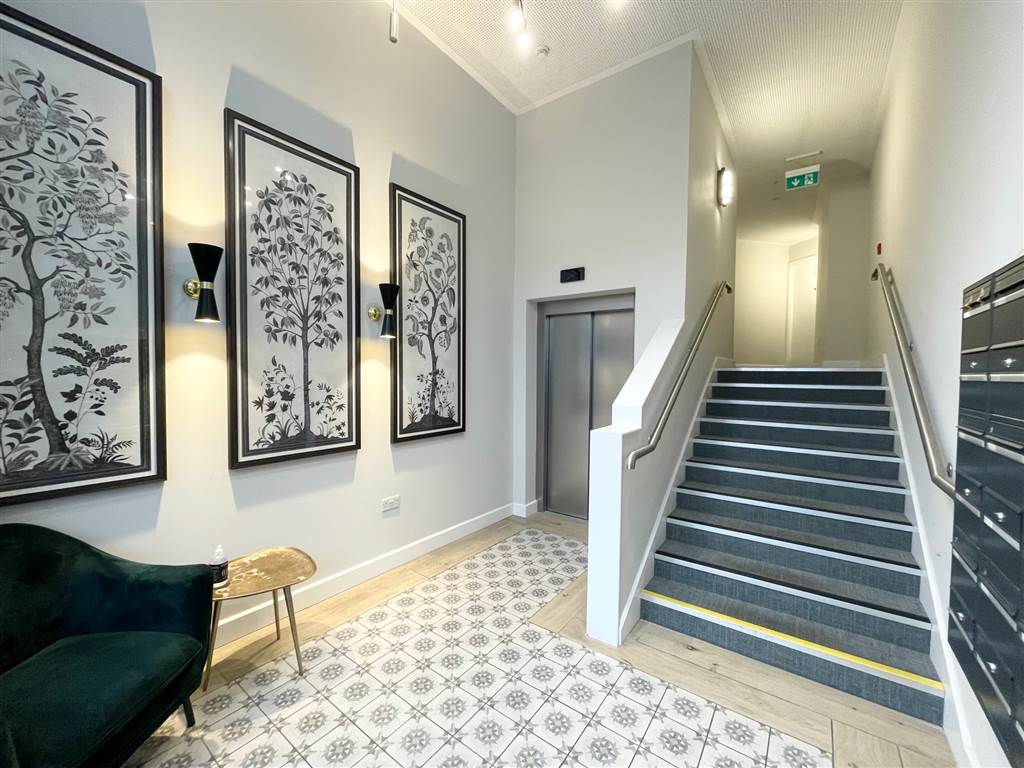
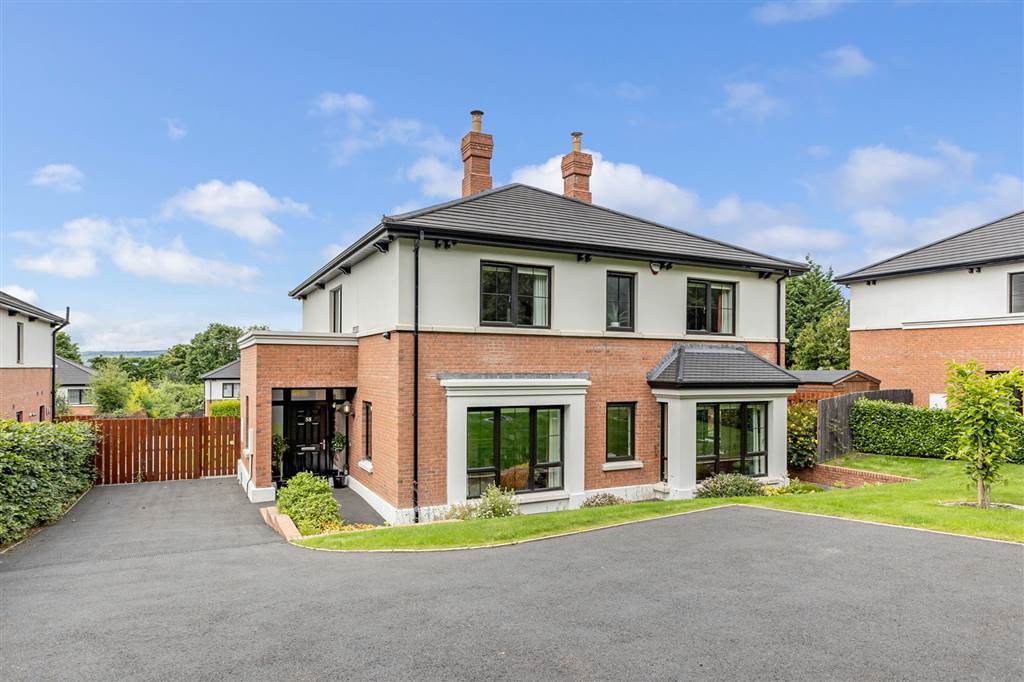

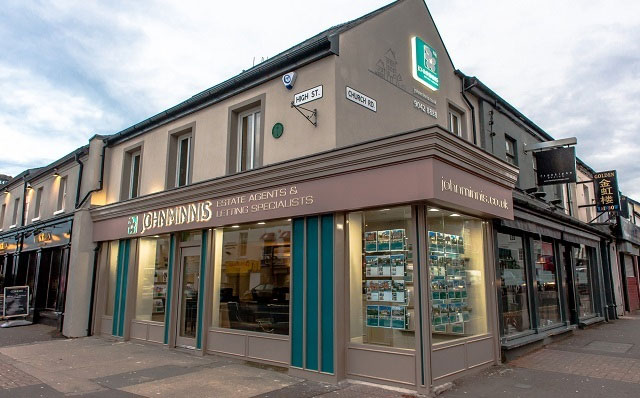

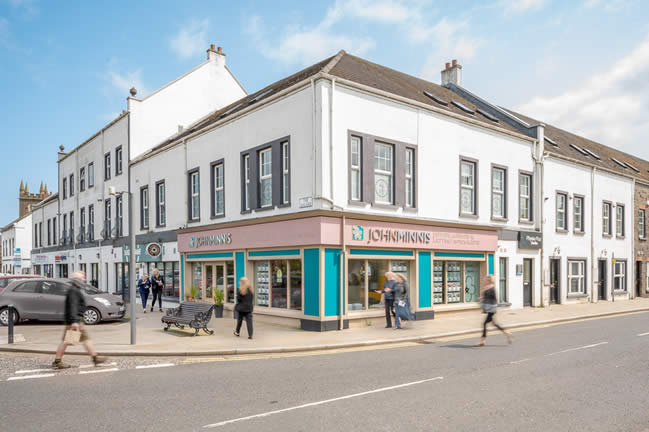
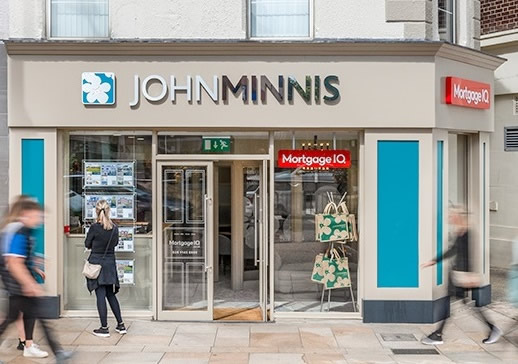
.jpg)